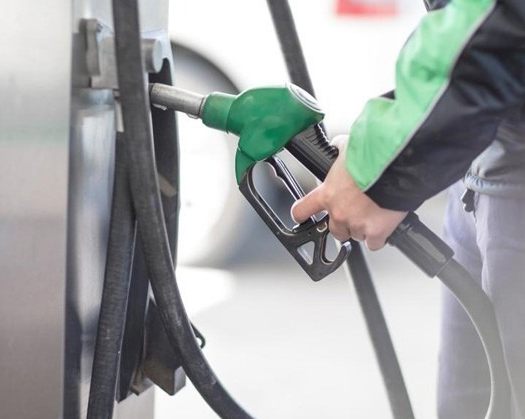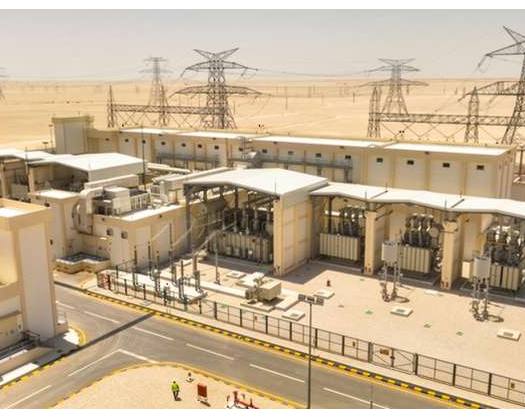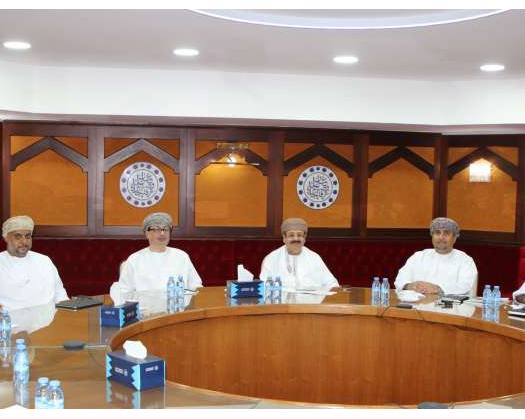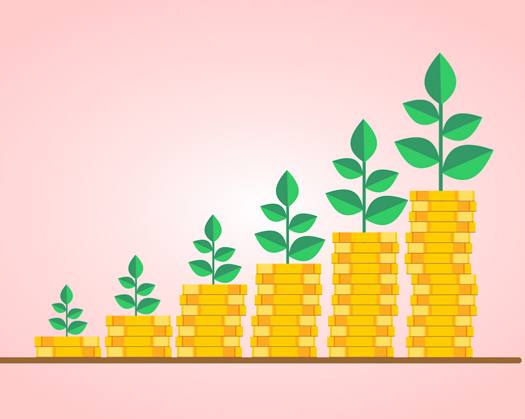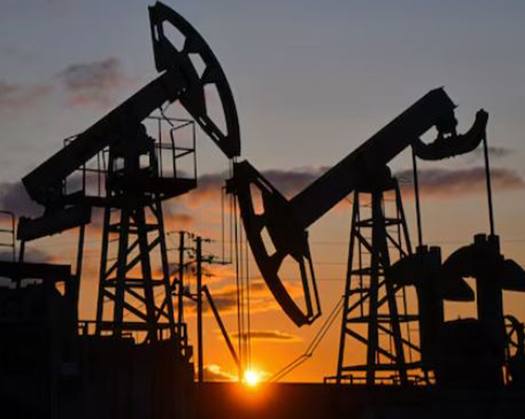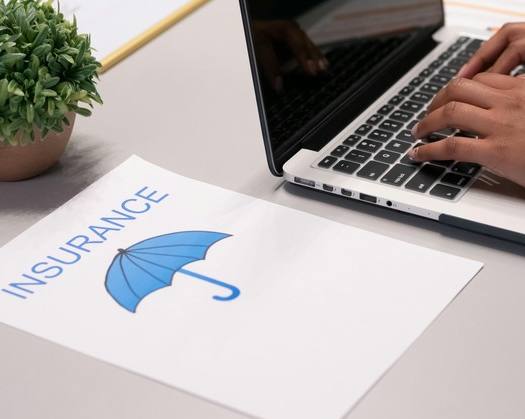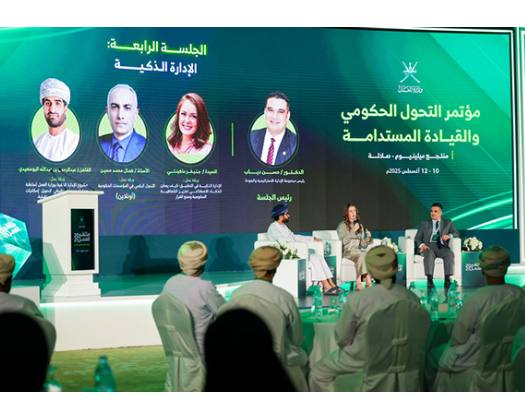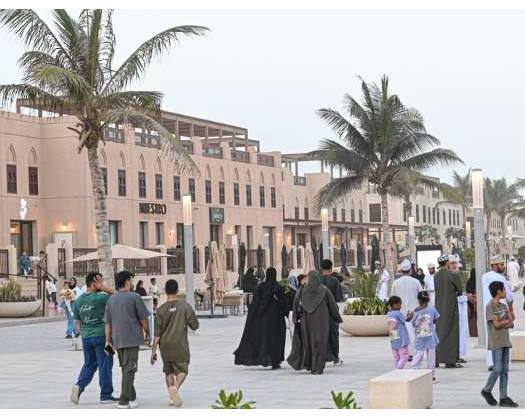Washington DC: As tariffs initiated by US President Donald Trump start to take effect, the United States Trade Representative (USTR) has highlighted ten trade practices that they consider "unfair" to American exporters, including India's prohibition on US ethanol imports.
The USTR identified ten "unfair trade practices" encountered by American exporters from their trading partners.
In a post on X, the USTR stated, "India prohibits the import of US ethanol for fuel purposes. Likewise, Thailand imposes restrictions on fuel ethanol imports, necessitating approval and the issuance of permits, and has not granted an import permit for fuel ethanol since 2005. Gaining market access in India and Thailand for US fuel ethanol exports could lead to an increase of at least USD 414 million in annual export value."
The USTR's 2025 National Trade Estimate Report notes, "Despite ambitious goals for blending ethanol with gasoline, India forbids the import of ethanol for fuel use. The Ministry of Commerce and Industry (MOCI) also mandates an import license from the Directorate General of Foreign Trade (DGFT) for ethanol intended for non-fuel applications. Furthermore, the DGFT limits biofuel imports under HS subheadings 2207.20, 2710.20, and heading 3826 for non-fuel purposes to actual users. Since May 2019, the Commerce Ministry has required an import license for biofuels under these classifications."
On March 20, Minister of State for Petroleum Suresh Gopi informed the Lok Sabha in a written response that the Union government aims to increase the blending of ethanol in petrol to 20 percent by 2030.
The National Policy on Biofuels - 2018, revised in 2022, has brought forward the target for 20 percent ethanol blending in petrol to the Ethanol Supply Year (ESY) 2025-26, moving it up from the original 2030 deadline.
Public Sector Oil Marketing Companies (OMCs) successfully met the 10 percent ethanol blending target in petrol by June 2022, achieving this milestone five months earlier than planned for the 2021-22 fiscal year. The ethanol blending percentage subsequently rose to 12.06 percent in the 2022-23 fiscal year, 14.60 percent in 2023-24, and reached 17.98 percent by February 28, 2025, in the 2024-25 fiscal year.
As of now, the government has not made a decision to increase ethanol blending beyond 20 percent, as stated in a release from the Ministry of Petroleum & Natural Gas, which references the Minister of State (MoS).
The Roadmap for Ethanol Blending in India 2020-25, developed by an inter-ministerial committee, indicates that using petrol blended with 20 percent ethanol (E20) leads to a slight decrease in fuel efficiency for four-wheelers that are designed for E10 and calibrated for E20.
The Society of Indian Automobile Manufacturers (SIAM) informed the committee that modifications to engine hardware and tuning can mitigate the efficiency loss associated with blended fuel. According to the MoS's response, the committee's report also noted that no significant issues were found regarding vehicle performance, engine component wear, or engine oil degradation when using E20 fuel.
In its communications, the U.S. Trade Representative (USTR) also raised concerns regarding China, Japan, the EU, and other countries. The USTR highlighted that over 100,000 American flags made in China are sold each month on a single e-commerce platform, resulting in a loss of USD 2 million in sales for American manufacturers, which ultimately affects job opportunities and leads to business closures. The USTR emphasized that American flags should be produced in the United States.
Japan imposes tariffs as high as 10.5 percent on seafood exports from the United States and has established a complicated import quota system for various fish types. This situation creates significant challenges for U.S. exporters trying to access the market consistently. According to the USTR, these inequitable trade practices result in an estimated annual loss of $189 million for the U.S. seafood industry, adversely affecting American fishermen and coastal communities reliant on global market access for their livelihoods.
The USTR also points out the implications of the European Union's Carbon Border Adjustment Mechanism (CBAM): "The CBAM introduces expensive verification processes and may diminish the competitive edge of U.S. exporters in the EU market compared to high-emission rivals, particularly China. These EU regulations disrupt fair competition, penalizing U.S. firms while favoring their EU counterparts. It is projected that the EU CBAM will affect approximately $4.7 billion in annual U.S. exports."
The USTR's 2025 National Trade Estimate Report indicates that trade barriers and other practices that distort trade significantly impact U.S. exports to international markets. These barriers impose additional costs on U.S. exports that are not faced by goods produced within the importing country. Such unfair trade practices weaken the competitiveness of U.S. exporters and, in some instances, completely block U.S. goods from entering foreign markets.
In related news, U.S. Secretary of State Marco Rubio and Indian External Affairs Minister S. Jaishankar engaged in discussions on U.S. tariffs on India following President Donald Trump's recent announcement of a 10 percent tariff on all imports to the U.S., which has raised concerns in the global market. The U.S. has also implemented a 26 percent tariff on imports from India.
The conversation focused on advancing a fair and equitable trade partnership, according to Tammy Bruce, spokesperson for the US State Department. On Monday, Jaishankar shared on social media that he had discussed the prompt finalization of a bilateral trade agreement with the US Secretary of State following his call with Rubio.

